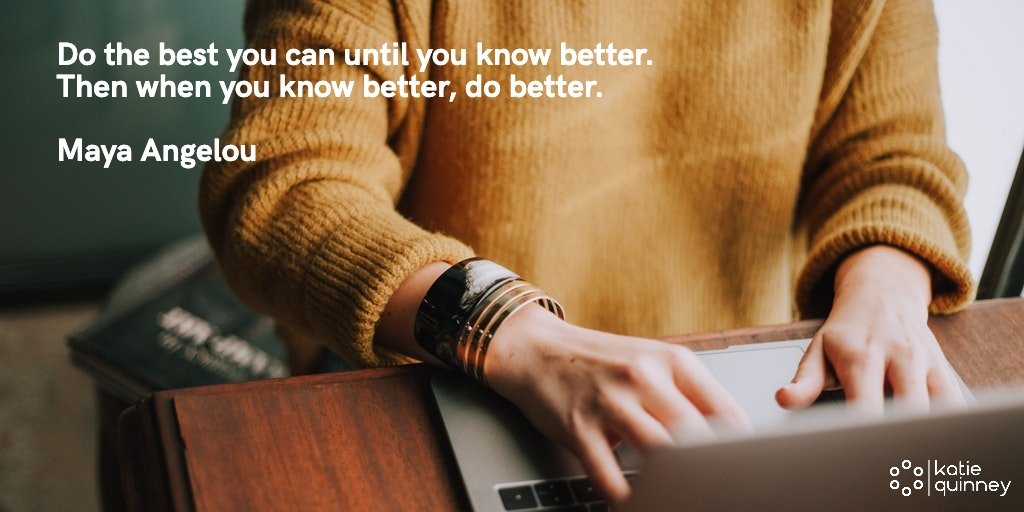The beginners guide to the HQSC
You know when you've been working in a certain 'world' - say healthcare for example and you've come across names, titles, organisations and the like - and you presume that everybody else will know who and what they are because - hey - they are in healthcare too so, of course, they will know!
This was me!
I've been working with the HQSC on a couple of projects and pretty early on I was finding I was explaining who this group with the random initials were and what they had to do with the job people were trying to do.
So I stopped making presumptions that people know. Instead, I ask, I check. I also explain a little anyway as I know asking questions when you think everybody else knows isn't always as comfortable as it should be (a whole other topic for another time).
Back to the HQSC
So they are the Health Quality and Safety Commission for New Zealand and they work with clinicians, providers and consumers to improve health and disability support services.
Their role sits within legislation (New Zealand Health and Disability Amendment Act 2010 ) to provide advice to the Ministry of health on how quality and safety within healthcare can be improved. They are there to lead, coordinate, monitor, report and share knowledge.
'We are responsible for assisting providers across the whole health and disability sector – private and public – to improve service safety and quality and therefore outcomes for all who use these services in New Zealand.'
Professor Alan Merry, HQSC Board Chair
Their vision is that New Zealand will have a world-class and patient-centred healthcare and disability support system. Their mission is matched by the Triple Aim
improved quality, safety and experience of care
improved health and equity for all populations
the best value for public health system resources.
2022 Update: The thinking has now expanded to consider the quadruple aim. Read more here
All great sounding so far, but how is this done? The HQSC works through a number of programmes and projects, addressing the aspects of healthcare that have the most impact across the entire spectrum of healthcare delivery in New Zealand.
For me, it's been the Patient Deterioration Programme, particularly the recognition and response aspect. Beyond the surface of this work is how we address the culture of why we do what we do and this makes this work really exciting.
New Zealand's work on Reducing Harm From Falls is internationally recognised. This programme started in 2012 and demonstrates how a dedicated programme over time can make a difference - good to remember if you are at the start of a programme or project.
HQSC's programmes cover most aspects of healthcare, including mortality reviews, primary care and medication safety to name a few.
There is a clear acknowledgement that clinical leadership is a core component of quality and safety in healthcare. There are useful resources to support you in your work.
Conscious that I am now sounding like an advert, HQSC has a regular bulletin, plus training, news and events that will touch on an aspect of healthcare that matters most to you.
The difficulty is that they advise and inform - they can't dictate and insist. They aren't the organisation that tells us where we have to spend our money. In an environment where finances and who gets what money is sensitive and complex, implementing all the recommendations at a local level can be challenging.
Given that challenge, this is where it comes back to you. If you know about the HQSC, the work they do, their mission, the triple aim and the programmes and projects underway, then you can be the voice for what matters to you, playing your part in developing world-class patient-centred healthcare.













